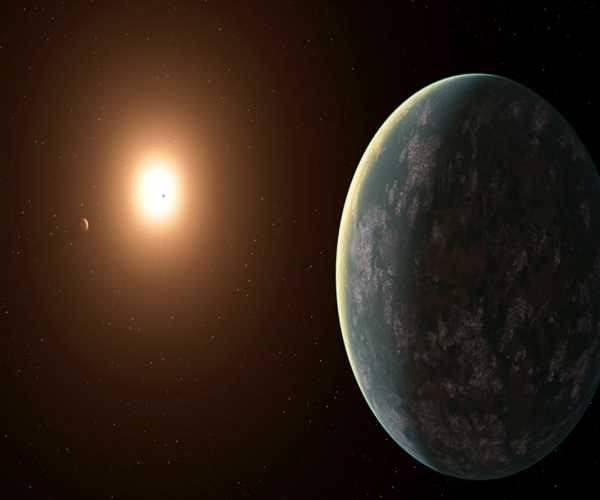The Earth has been known as the “Blue Planet” since the dawn of civilization, but how did it get its current name? Who named it, and why? And how have the planets in our Solar System been named?
The origin of the name “Earth” is a bit of a mystery. Many ancient civilizations referred to our planet as “Earth” in their native languages, which suggests the name had been in use for a long time. It’s believed that the ancient Sumerians were the first to use the name “Earth” in their written language. The Sumerians believed that the Earth was the center of the universe and that it was made of clay and mud.
The word “Earth” is derived from the Old English word “erþe”, which means “ground” or “soil”. This suggests that the name “Earth” may have originated from the ground-based nature of the planet. However, it’s also possible that the Sumerians simply adopted the word from another language.
The Roman Empire also had its own version of the gods and goddesses, and so the planets were given Latin-based names. This is why we now refer to planets as Venus, Mars, Jupiter, and Saturn.
The naming of the planets in our Solar System is a bit more straightforward. They’re named after Roman gods and goddesses, with the exception of Earth, which is named after the goddess Terra, or Mother Earth.
The names of the planets have remained relatively consistent since their discovery, with the exception of Pluto, which was reclassified as a “dwarf planet” in 2006. The other planets have retained their traditional names, which are derived from their ancient Roman counterparts.
The solar system’s other celestial bodies were given names based on the mythology of various cultures. For example, the dwarf planet Pluto was named after the Roman god of the underworld. The moons of other planets were also named after Roman gods and goddesses, such as the moons of Jupiter being named after the brothers of Jupiter, the Greek gods Castor and Pollux.
In recent times, the International Astronomical Union has taken steps to make sure that all celestial bodies have consistent names. This means that newly discovered celestial bodies no longer take the names of gods and goddesses, but instead have names based on the letters of the Greek alphabet, followed by a number. This means that planets such as Uranus, Neptune, and Pluto now have names that are more systematic and easier to remember.
The name “Earth” is a reflection of our planet’s nature and a testament to the mystery and awe that our planet inspires. While we may never know who first named it, or why, the name is a reminder of our connection to the natural world and the wonders that lie within it.
